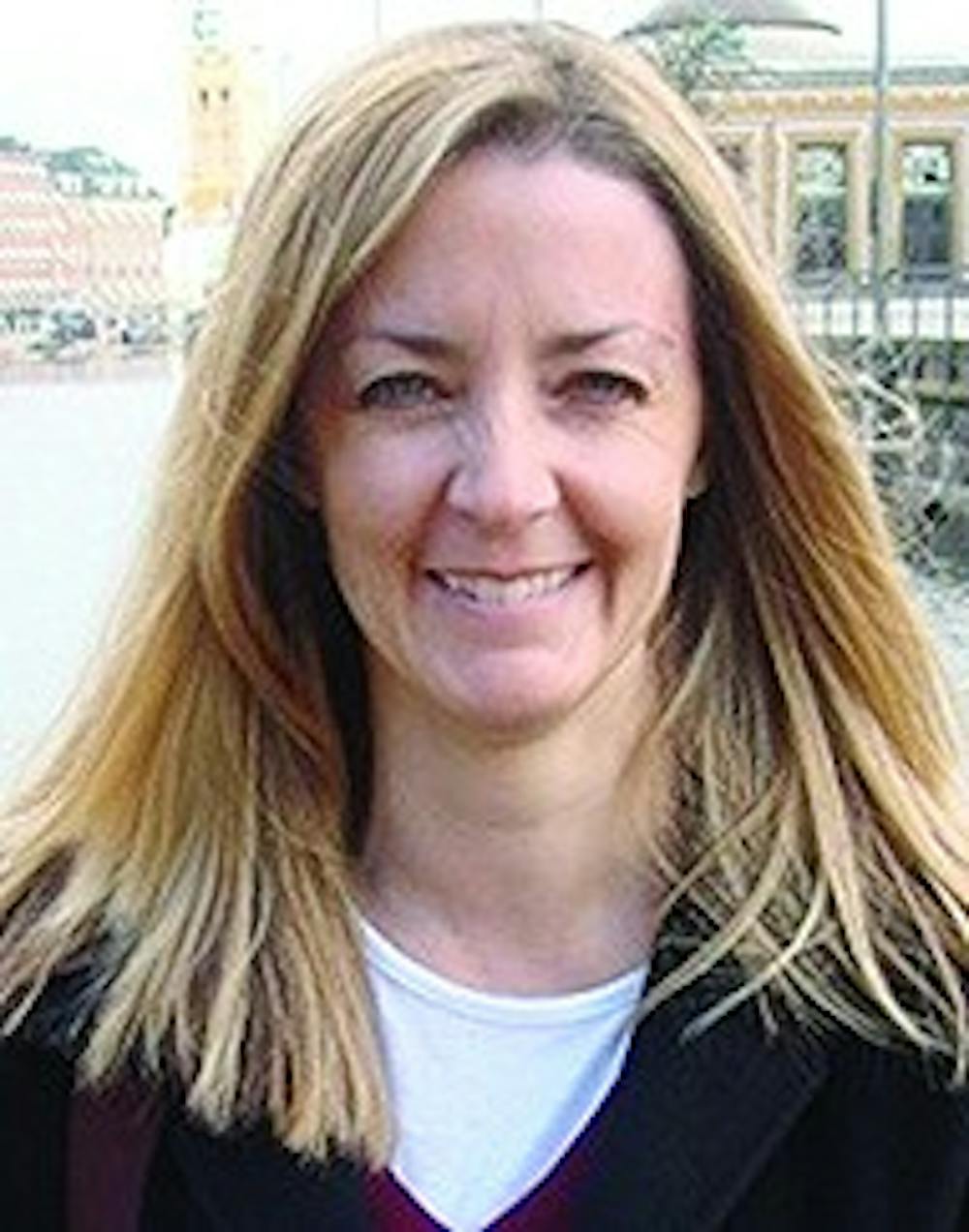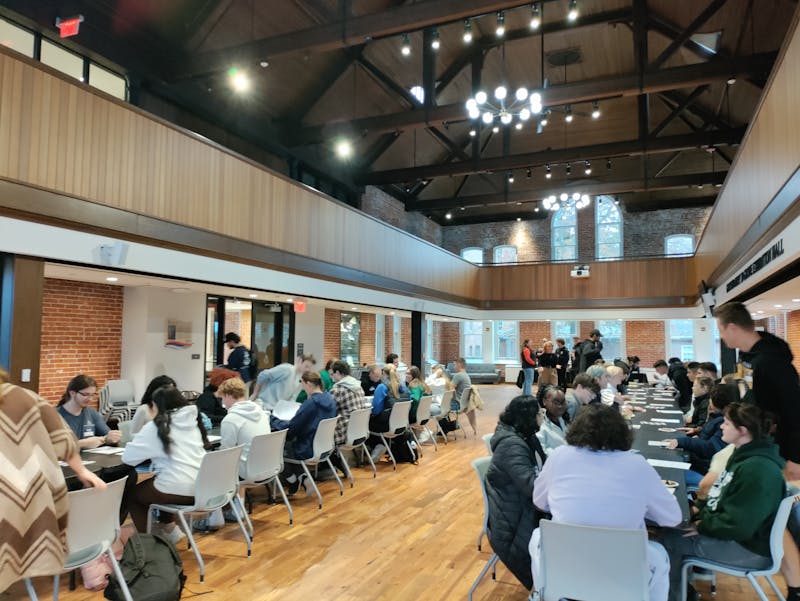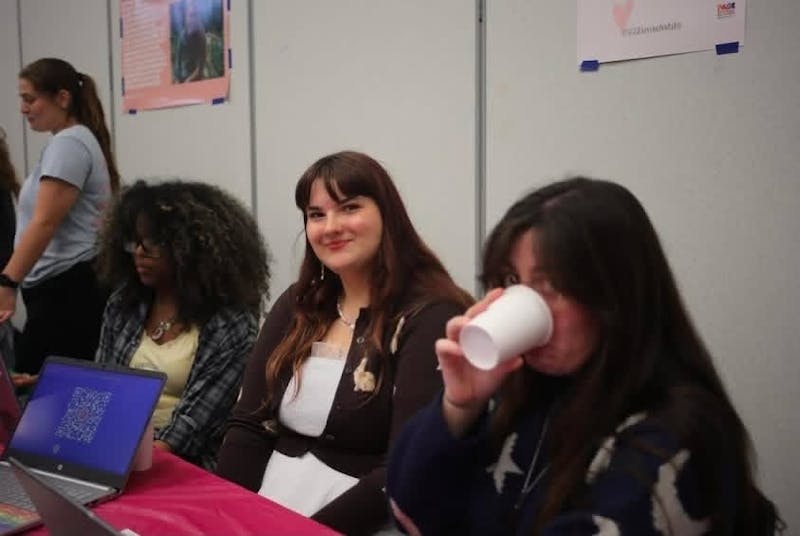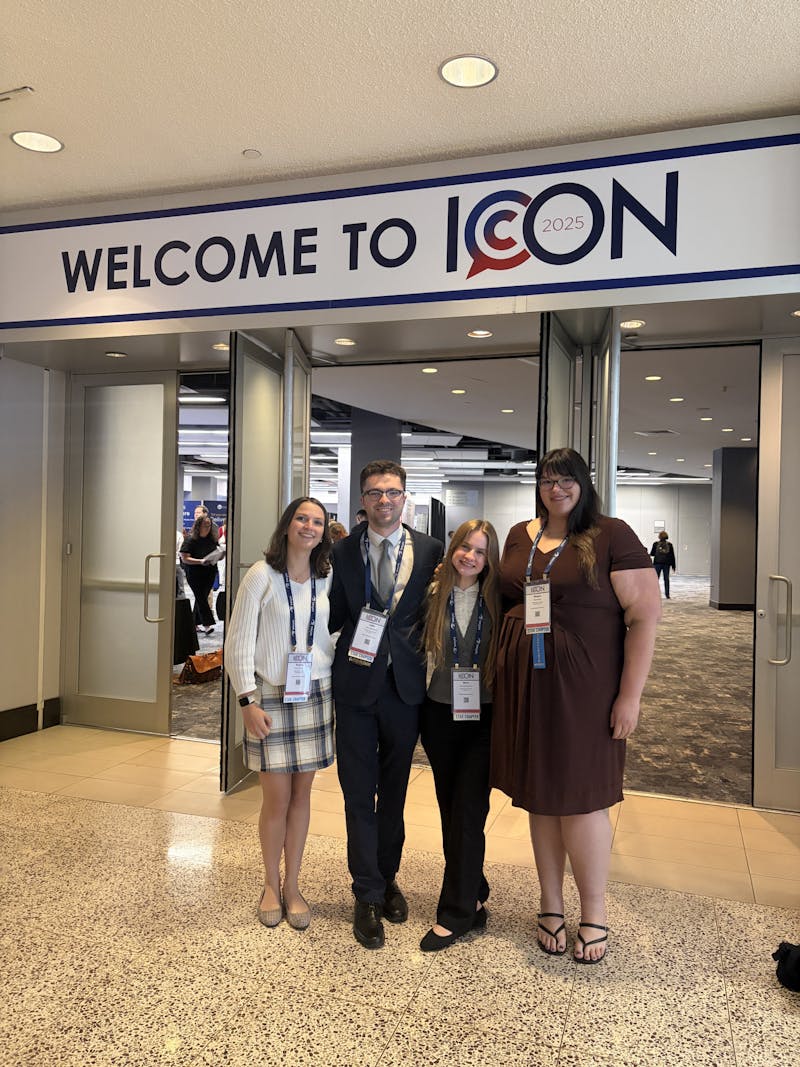On Thursday, March 28, Juliana Barr gave an intriguing speech to Shippensburg University students about the differences between European officials and European explorers who created maps of North America during the 16th through 18th centuries.
Barr highlighted how many students are not taught about the advanced Native American empires and how most just assume, quite like European officials did, that vast swaths of land in North America were just uninhabited and ready for European explorers to conquer.
She showed many maps, like the Antonio Pereia map that were drawn with flags on them, emphasizing how France and Spain had claim over these territories, de-emphasizing the strong claim of territory that the Native Americans had had.
Next, Barr showed European explorer’s maps as a contrast, explaining that these explorers, such as the Spanish, had to draw up specific maps, showing the specific sects of Native Americans occupying every foot of North American territory.
They needed to know this because if they did not, they could enter into a Native American land where the Natives would be unfriendly, unwilling to trade and bent on killing the European explorers.
Specifically, Barr explained how various Native Americans escorted the explorers as they moved throughout the territory, showing the Native Americans’ advancement in their border control.
In addition, she explained that our cities and highways in the U.S. today are based upon the cities and highways that the Native Americans had once used, since they knew the quickest routes and most ideal places for city locations in the U.S.
In addition, she displayed a map drawn by Samuel de Champlain, which portrayed distinct villages and farms that were well developed as well as the relationships that the different Native American nations had amongst themselves.
Barr’s speech particularly drew the audience in when she explained how it is unfortunate that so many have ceased to teach of the many facets of the Native American people’s histories.
For example, she stressed that Europeans have almost negated the past due to their desire to take over North America and rule it for their own gain, disregarding the centuries of Native Americans occupation throughout the land.
While many do not know much detail regarding the Native Americans, Barr highlighted that they are the largest minority in the U.S. today.
Further, she also explained that many people do not realize it but the reservations that the U.S. government forced these Native Americans to live on were similar to concentration camps.
Barr’s speech for the annual world history lecture was fascinating and an illuminating educational experience, especially for those interested in learning more about Native American and early United States’ history.





The Slate welcomes thoughtful discussion on all of our stories, but please keep comments civil and on-topic. Read our full guidelines here.